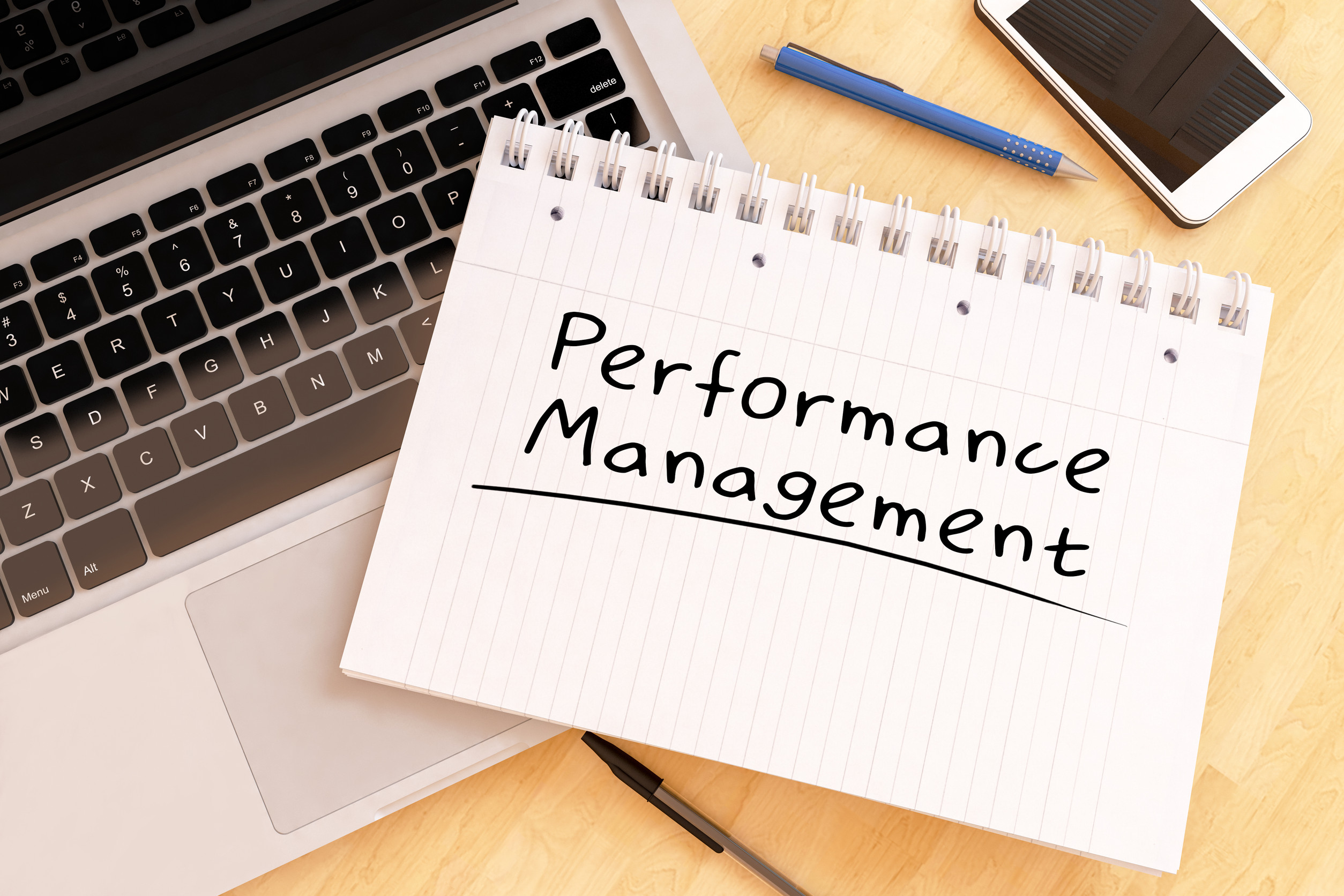For unbiased performance management, employees prefer ‘bots over bosses’
- HRM Asia Newsroom

The use of AI in performance management continues to be debated, but studies show that demand for AI in this area is coming from an unexpected place: employees.
Emily Rose McRae, Senior Director Analyst at Gartner, says HR leaders need to recognise that the “performance of performance management is low.” An October 2024 Gartner survey of nearly 3,500 employees found that 87% of employees think that algorithms could give fairer feedback than their managers. An earlier Gartner survey of more than 3,300 employees revealed that 57% believe humans are more biased than AI when it comes to making compensation decisions.
McRae calls this a “damning indictment of how employees feel about managers.” However, this is not necessarily the fault of managers, according to McRae. “We don’t set managers up for success to give in-the-moment feedback regularly,” which she says is not intuitive for most individuals, even though frequent feedback is proven to be more meaningful than delayed feedback. In fact, research from Gallup shows that employees are 3.6 times more likely to strongly agree that they feel motivated to do outstanding work when their manager provides daily feedback rather than annual feedback.
Too busy for performance management?
The lack of in-the-moment feedback may be due to managers feeling overwhelmed. A Gartner survey of more than 6,000 employees found that, as of December 2022, managers were twice as likely as individual contributors to report an increase in responsibilities compared to before the pandemic.
McRae suggests AI can help take some performance management “off their plates.” Performance touchpoints would ideally pop up throughout the day through nudges and resources such as coaching and microlearning. She says managers will still finalise major decisions, as the human in the loop verifies and validates the bots’ recommendations.
But in practice and reality, says McRae, these tools simply are not used in many organisations. She says plenty of HR leaders are concerned about bias and the quality of in-the-flow, tech-driven performance management, even if employees say that is what they want.
Employees see bots as more objective
Though McRae says the preference for what Gartner calls bots over bosses “threw her,” there is further evidence that this inclination is on the rise. Research from the University of New Hampshire in 2024 found that employees perceive AI evaluations as more trustworthy than those from human supervisors when they anticipate bias or unfair treatment, such as favouritism or personal disapproval. The study also noted that biased human evaluations could increase employee turnover, while AI’s perceived fairness might reduce it.
READ MORE: How Sony Music is reimagining performance management
A 2022 report from Münster University of Applied Sciences compared fairness perceptions between human and AI decision-making tools and highlighted concerns about bias in human-led processes like hiring and compensation. Employees generally viewed AI-driven systems as fairer due to their reliance on objective criteria, though apprehensions about ethical implications remained.
Pitfalls of using AI for performance management
Researchers at Münster University suggest incorporating human traits—such as bots or conversational design with visual, auditory and behavioural cues that mimic real people—could enhance AI’s effectiveness. However, it may also create unrealistic expectations.
There is a paradox in making AI decision tools more human-like to build trust while also managing expectations of fairness. People may be more accepting of AI when it appears to learn or act like a human, but this does not guarantee fair decision-making, especially in HR. Also, the report warns that over-anthropomorphising AI could be unsettling or cause employees to resist it.
Though research indicates that employees often see AI as a more impartial alternative to human supervisors, legal and ethical challenges remain under EEOC regulations. HR professionals must take full responsibility for employment decisions, even when AI is involved.
Keith Sonderling, the new US Deputy Secretary of Labour, cautions HR leaders to balance technological advancements with employee rights under existing laws. Speaking to an HR Executive audience last year in his role as an EEOC commissioner, he emphasised that AI must be “carefully designed and properly used.”
About the Author: Jill Barth is HR Tech Editor of HR Executive, where this article was first published.






